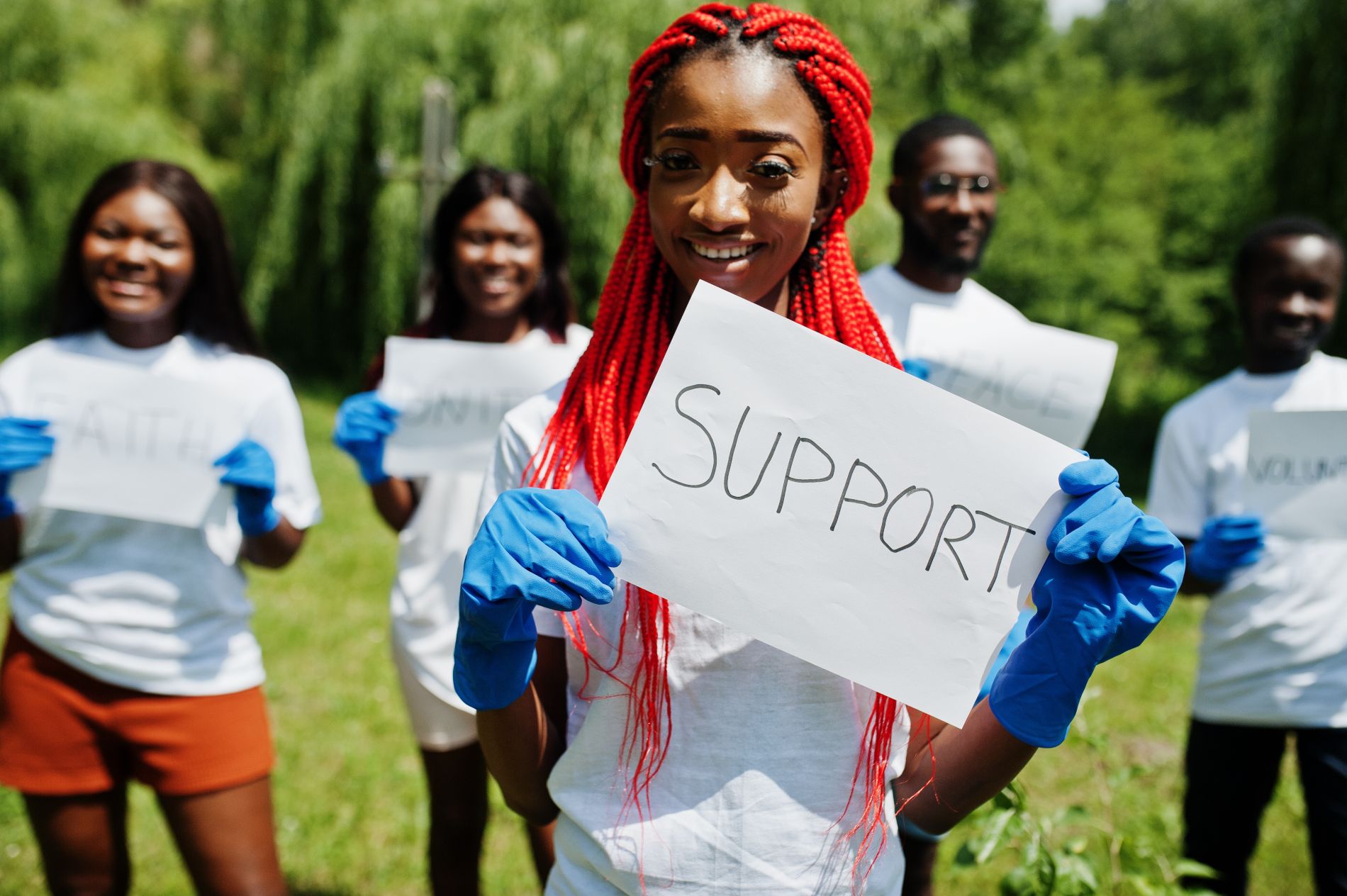Foundation for Community Livelihood and Development (FOCOLD) is a non-partisan, non-profit making Local NGO and was legally registered in 2012 with the Registrar General under Trustees Incorporation act, it is a member of CONGOMA and NGO Board.
FOCOLD is a well experienced community mobiliser and capacity building organization, working in the rural areas of Malawi. It has experienced staff that are well trained and exposed in community work and serves the community to the best. FOCOLD respect community needs and adhere to the government systems and policies when implementing the programs/projects.
The organization focuses on Agriculture and Food security, Education, microfinance, HIV/AIDS/SRHR, WASH and we integrate Gender and Human rights and Advocacy. Its major aim is to improve the well-being of the marginalized people through the provision of community transformation services with a specific target on marginalized Children, youth and women.
The organization is governed by The Board of Trustees who govern the affairs of the organization including legal and policy direction. The Secretariat is headed by the Executive Director who is supported by technical and program staff who are responsible for the implementation of program activities.
Dedication to the belief that innovative development processes are critical to development of poor and historically marginalized communities, thus to contribute effectively and efficiently to sustainable improvements of the living standards of the people of Malawi especially children, youth and women through self-help projects based on their priorities, needs and capabilities and other activities aiming directly at alleviation of poverty.
FOCOLD employ inclusive community centered model, where communities are thoroughly involved, and the model help FOCOLD in identification of issues and come up with solutions that are practical, visible, scalable and sustainable. FOCOLD works closely with communities and local leaders to develop programs based on their specific needs. Rather than develop a program and then introduce it to a community in an attempt to address their needs, we listen to their needs before co-developing programs with them. But it doesn’t stop there, we continue to stay in constant contact with the communities to ensure the programs are running efficiently, what improvements can be made, and how else we can help uplift the community.
